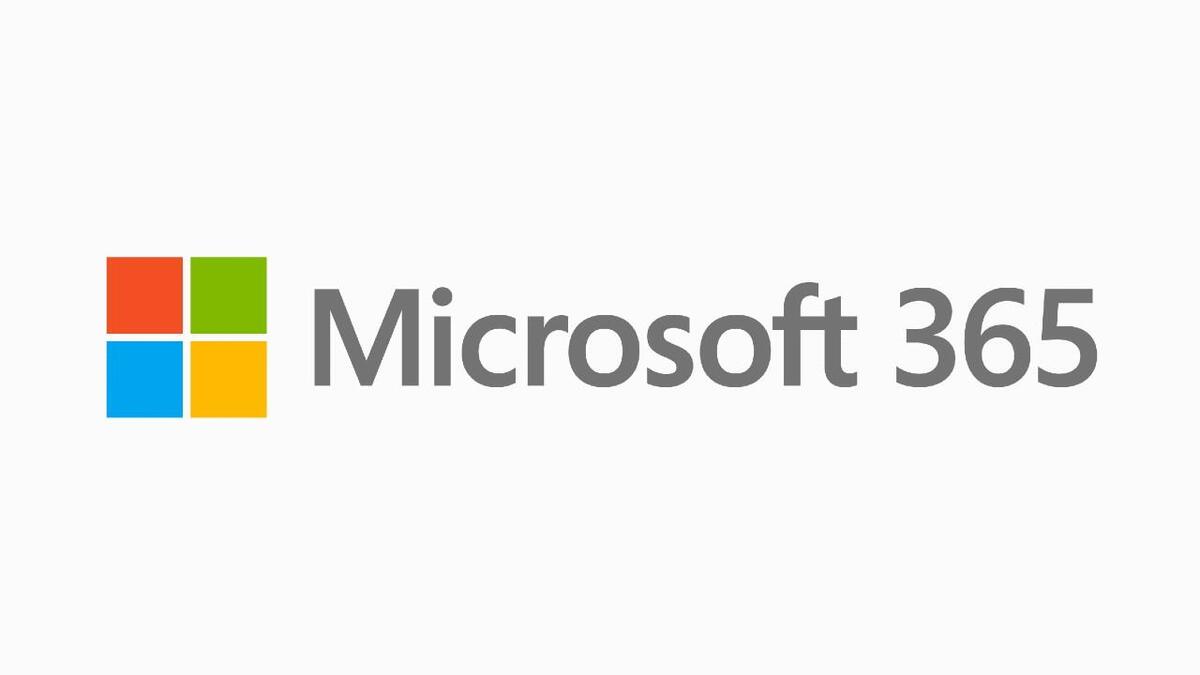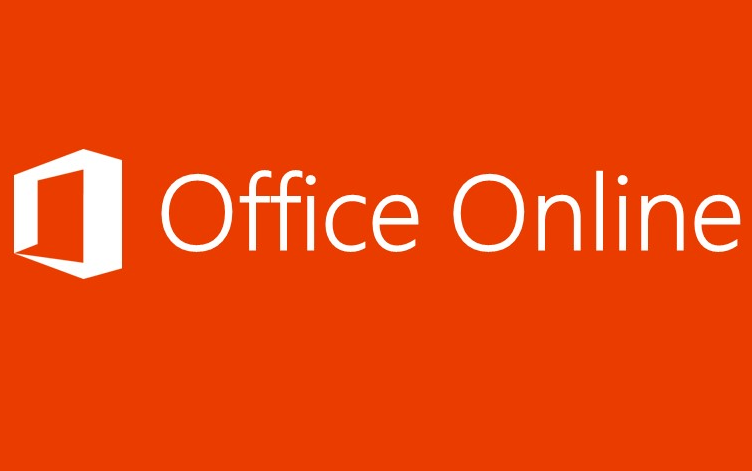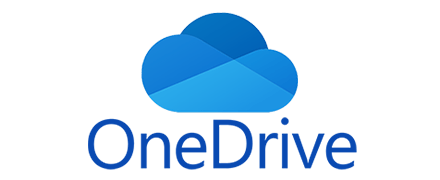
Microsoft 365 Licensing for Businesses
Microsoft 365 is a suite of cloud-based applications for your business. Microsoft offers a wide range of subscriptions to businesses, but it is sometimes hard to tell what is suitable for your needs. In this blog post, we’ll talk through the small business offerings, what’s included in them and why you would choose one over the other.
Note that Microsoft’s licensing changes over time. The information provided here is accurate at the time of writing (15th October 2021).
Microsoft 365 Business Basic
This is Microsoft’s entry-level offering. It grants you access to:
- Business class email services with a custom domain (@yourcompany.com)
- Office online applications (Outlook, Word, Excel, PowerPoint and more!)
- 1TB (1024GB) of OneDrive storage per user
- Access to SharePoint online
- Full features of Microsoft Teams
There may be some jargon in there if you’re new to Microsoft 365, so here we’ll explain that a little more below. Feel free to scroll past this part if you’re already versed in the Microsoft cloud applications.
Office Online
Office applications such as Word and Excel can run in the browser. They are very similar to those you get on a desktop. There are some features that are unsupported, but light usage users can get by using these, so long as a sufficient Internet connection is in place.

OneDrive
Is effectively cloud storage like Dropbox, Box or Google Drive if you have ever used these services before. The data you store can be accessed via a web browser or through your file explorer if you have the data synchronisation client installed.

SharePoint
SharePoint is also cloud storage but with a focus on teamwork and collaboration. While you would typically use OneDrive for storing your own personal files, and ad-hoc sharing of files with others, SharePoint acts as a defined space for shared data. You could store all your shared data in one library, like a server file share. However, we encourage using the modern features of SharePoint such as sites, where you can have your own dedicated spaces for projects, departments, or teams but SharePoint does far more than file storage.

Now, this is defined, let’s look at some of Microsoft’s other offerings.
Microsoft 365 Business Standard
One step up, it includes all features from Business Basic with the addition of:
- Desktop apps
- Microsoft Bookings
The main difference is desktop apps. Users won’t experience the limitations of running apps like Word in a browser, they can now have it installed on their computer. In total, they can install it on up to 5 devices that the licensed user uses, such as other computers, phones or tablets.
Another feature in Standard is Microsoft Bookings. This is an online booking service that allows customers to book time with you through your website (once configured). It can then be managed through the bookings portal and your own Outlook calendar which is great for allowing people to book in your busy calendar to reduce emails to find a hole to align busy diaries.
Microsoft 365 Apps for Business
Perhaps you already have a server for your shared data, an email system you don’t want to change and all you want is the latest copy of Microsoft Office. This plan is for you, it only includes:
- Desktop apps
- 1TB (1024GB) of OneDrive storage per user
Summary
Here is a matrix to help you choose what small business license to buy.
| License | Desktop Apps | Online Apps | Personal Cloud Storage (OneDrive) | Shared Cloud Storage (SharePoint) | Email Services (Exchange) |
| Microsoft 365 Business Standard | X | X | X | X | X |
| Microsoft 365 Business Basic | X | X | X | X | |
| Microsoft 365 Apps for Business | X | X |
If you have any questions, please contact us!
